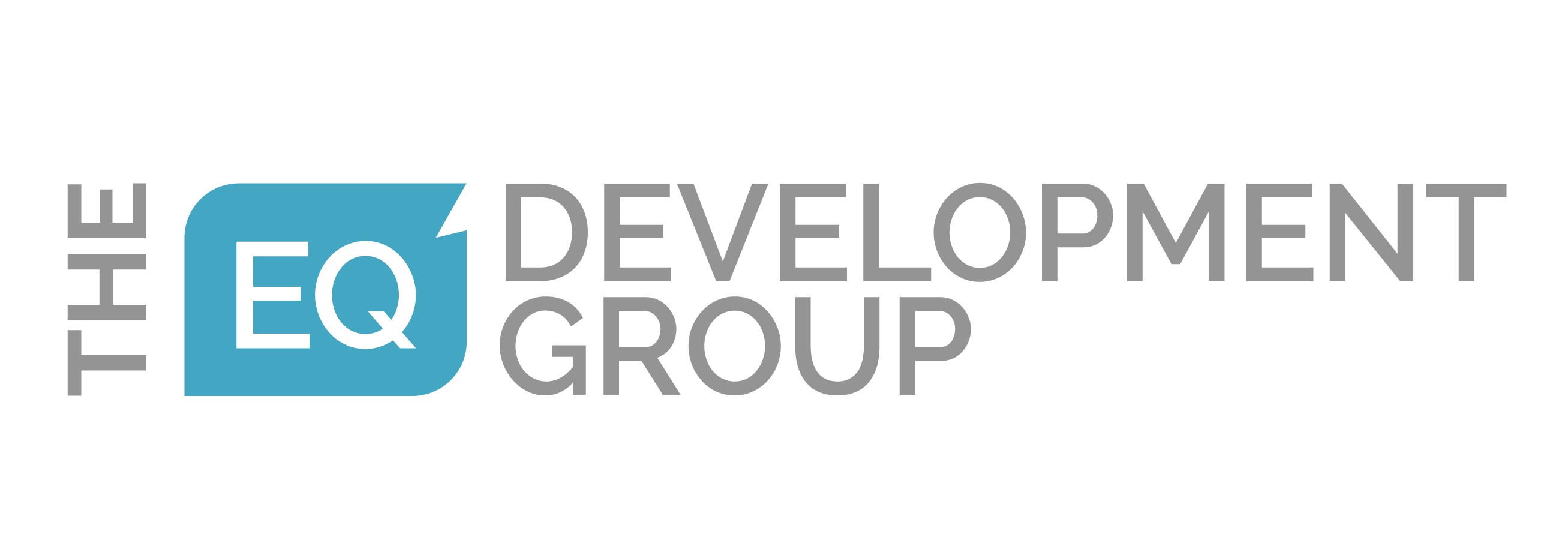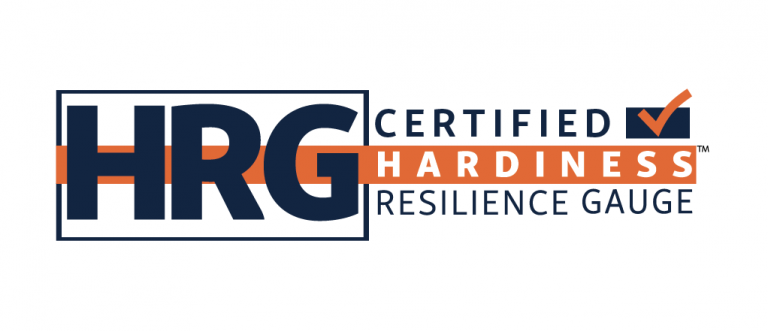Why Coaching Is The Best Way to Develop Emotionally Effective Leaders – Part 3 of 4
Last week, we talked about how coaching is the most effective way to develop leaders who are more emotionally effective (You can see that post HERE). Let’s look at why that is.
Action research models provide a simple way to understand why coaching is perfectly suited to developing emotional effectiveness. If you’re not familiar with action research, let me say that it follows a simple process of determining a course of action, implementing that action, and evaluating the effectiveness of that action. The process is repeated until the desired outcome is reached. As a coach, you’re likely familiar with the action research cycle or something similar to it.
The ongoing characteristic of coaching relationships supports this cycle of increasing awareness, defining strategies, and evaluating outcomes repeatedly throughout the relationship. But that’s just one reason why coaching is such a great fit. There’s one other key advantage—personalization.
Emotional intelligence is a complex topic. People’s interpretation of what constitutes emotionally effective behavior is highly personalized. Emotional intelligence is fed—and it feeds on—deeply embedded behaviors, beliefs, and mental models. Emotional intelligence itself is a dynamic, ever-shifting construct with infinite variables and unknowns. What works today for one person will not work tomorrow for another, and vice versa. Every situation a leader finds themselves in will be different from the last time, and the next time.
To give a simple example, try asking a leader about a recent time he or she felt stressed. You’ll notice that what one person finds stressful another may not. Similarly, while the emotional intelligence concept of Interpersonal Relationships is straightforward enough, the extent to which different people desire and require those relationships can vary considerably.
The only way leaders can be truly supported on their way to becoming emotionally effective is through individualized processes tailored to their current EQ and with their desired future EQ in mind. Leaders are in a learning environment every day, and that’s where the real opportunity lies.
When you combine the personalization, the contextualization, and the ongoing nature of coaching, you can see why it’s such a great way to develop more emotionally effective leaders.
Next Week: Helping Your Clients Become More-Emotionally Effective Leaders




